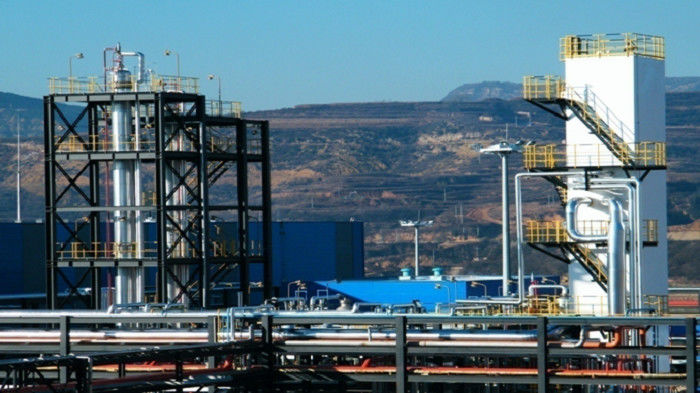- Your cart is empty
- Continue Shopping

Funding Challenge Threatens Nigeria’s $1.5bn Gas Export Revenue
Analysts have described funding as the major challenge mitigating against Nigeria’s realisation of its gas potential, amidst the transformation the oil and gas sector is experiencing, driven by the government’s efforts to attract foreign investment and leverage the country’s vast gas reserves to drive economic growth.
A major milestone in this journey is the recent Gas Sales and Purchase Agreement signed with Shell, TotalEnergies, and Eni, securing 270 million standard cubic feet per day to power the proposed $3.5 billion Brass Fertiliser and Petrochemical Plant in Bayelsa State.
This agreement is, among other things, expected to generate $1.5 billion in annual export revenues and marks a significant step towards realising Nigeria’s gas potential.
At the recent NOG Energy Week 2024, a panel session titled; “Accelerating Investment, Enabling Industry Growth, Meeting Energy Demand,” laid out a pragmatic roadmap for the country’s energy future, exposing Nigeria’s evolving strategy to unlock capital, de-risk investments, and scale infrastructure across gas and deepwater oil to public scrutiny.
Critically, this renewed investment appetite is underpinned by fiscal recalibration. In the same month, the federal government approved a strategic package of incentives, including VAT waivers on gas, diesel, electric vehicles, clean cooking solutions, and tax credits for new investments in deepwater oil and gas.
The VAT Modification Order 2024 introduces exemptions on a range of key energy products and infrastructure including Diesel, Feed Gas, Liquefied Petroleum Gas (LPG), Compressed Natural Gas (CNG), Electric Vehicles, Liquefied Natural Gas (LNG) infrastructure, and Clean Cooking Equipment as part of move to curb the gale of divestments by IOCs.
These reforms directly address legacy investor concerns around cost structure and regulatory fluidity, positioning Nigeria’s deep offshore and gas basins as increasingly investible frontiers.
However, analysts say that despite the progress made, Nigeria’s gas sector faces several challenges that need to be addressed to ensure the successful implementation of the Gas Sales and Purchase Agreement.
Source: dailytrust.com
